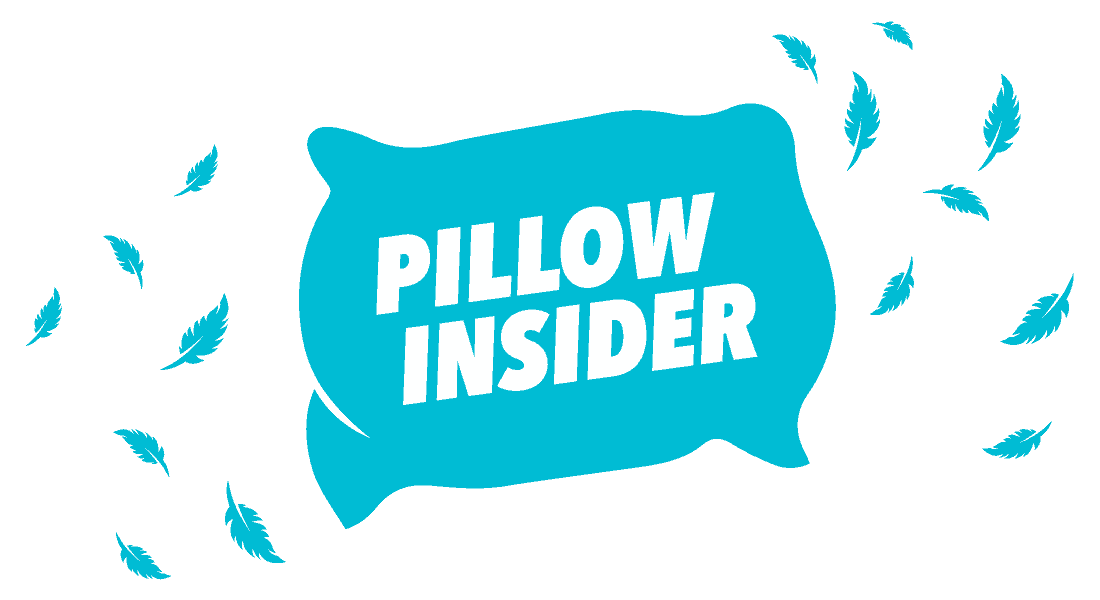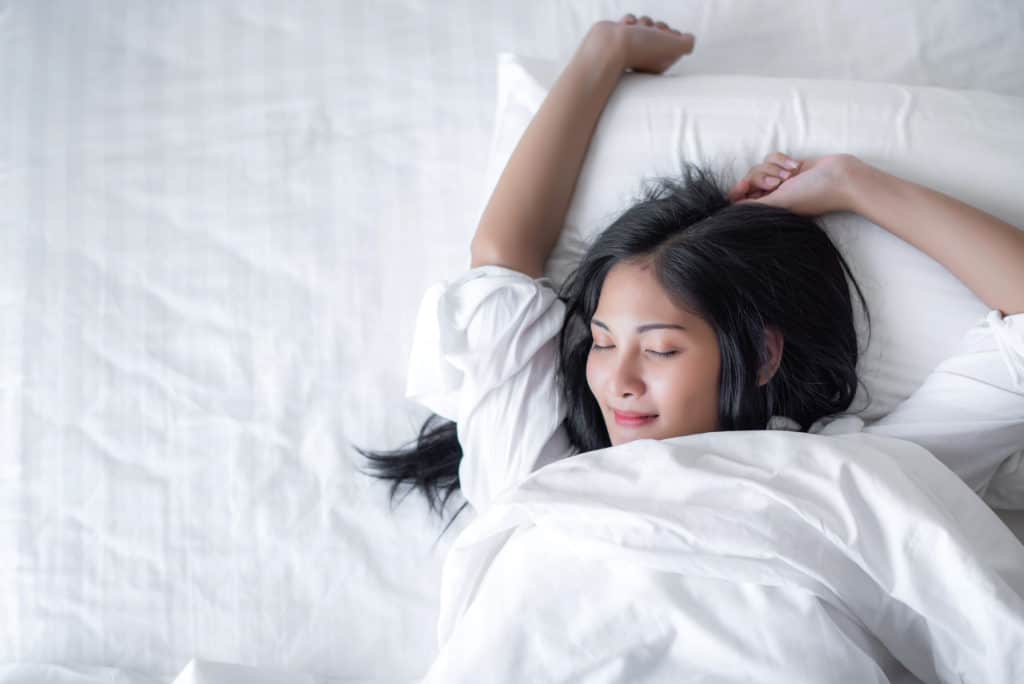Cosmetic procedures such as Botox are becoming more popular by the day, but many people may not be familiar with the post-care process and what it takes for the treatment to take effect. After successfully receiving your Botox injections, you might feel drowsy and wonder if it is okay to lie down and sleep through the post-treatment phase, but it is not as simple as it may seem.
Botox treatments require a significant amount of care in the few days after the injections. Even actions as simple as lying down may require serious precautions to ensure that the results of your Botox procedure can last longer. If you just underwent Botox, or are planning to receive Botox injections, you may want to make note of ways you can properly sleep after the treatment to minimize any risks.
Can You Lay Down After Botox?
Botox injections can make your face sensitive to a variety of external factors. Lying down immediately after your treatment might not be possible as it may result in excessive swelling. In more severe circumstances, lying down straight after receiving Botox injections can also result in the rare chance of it migrating to other areas around the face causing damage to the muscles.
Experts recommend keeping your head straight at level and avoid bending forward or stretching for at least the first two hours after Botox treatments. You should ideally avoid movements that are too exerting and that put pressure on your sensitive facial muscles. This means that all heavy labour or exercise is off-limits!
You can relax and lie down after four to six hours since the procedure was administered. In fact, Dr. Matthew Pinto, the founder of Vive Aesthetics & Wellness, says “we suggest waiting four to six hours after your Botox treatment to sleep or lie down, and at least 24 hours to continue regular exercise.” When sleeping, you must ensure that your head is leveled and that you are sleeping on your back. Avoid stomach or side sleeping which may cause pressure in the facial muscles.
How to Sleep After Botox for Best Results
Sleep on your back
To ensure the best results for your Botox treatment, it is crucial to sleep lying on your back for at least the first two nights. After forty eight hours have passed since the procedure, you may relax your sleeping positions. Dr. Matthew Pinto says, “Be sure to sleep on your back the first night post injection to allow the Botox to diffuse and settle correctly in your muscles.”
Sleeping on your back keeps your face from rubbing or pressing against the pillow which may cause friction and pressure for the facial muscles. Added strain on your facial muscles can cause the Botox to shift from the intended areas to other parts of the face.
As long as you do not place pressure on your facial muscles and the injection points for the first five to 6 hours since the treatment, there is low risk of the neurotoxins seeping into the surrounding regions of the face.
As is true for most facial treatments, the post-care phase requires that you keep strain and friction away from your face. To keep the Botox from migrating to the surrounding tissues, it is preferable to sleep on your back for at least the first two nights.
Surround yourself with pillows to restrict movement in bed
If you find yourself slipping back into your favorite sleeping position in the middle of the night and it risks pressure in the injection site on your face, then one great way to remedy this is by restricting your movement by adding extra pillows.
Most stomach or side sleepers will often find themselves switching back to their preferred sleeping position, but by placing a few pillows around your body, you can restrict it from tossing and turning too much during the night.
You can simply place regular pillows around your body, or even invest in a wedge pillow that can be placed on either side, keeping you from rolling to your side or stomach. It restricts movement in your hips and back and you remain firmly on your back.
Sleep on clean bedding
There is no alternative to cleanliness when it comes to post-Botox care. Botox injections may make your facial muscles and skin sensitive to external factors such as bacteria, dirt, moisture, and other skin irritants. To ensure that these are not negatively harming your face, use freshly cleaned bed sheets after your Botox treatment.
It is also recommended that you wash your bedding at least once or twice a week to eliminate any chances of bacterial infections, pore blockage, acne, or swelling of the facial muscles.
Use silk bedding to avoid friction
Authentic mulberry skin is known for its miraculous anti-aging characteristics. It actively works to stop wrinkles thanks to the sericin protein that locks moisture within the skin and keeps it looking dewy and hydrated.
Sheets and pillowcases made of mulberry silk are far superior than cotton bedding when it comes to post-Botox care. Since the cosmetic treatment is essential for a reduction of aging signs and wrinkles, combining it with these silky bed sheets can achieve drastic differences and can also aid in the recovery time after the Botox injections.
Botox After Effects That May Affect Your Sleep
One of the most common Botox after effects is drowsiness. However, this is often purely anecdotal as there is insufficient research that proves that Botox may result in feelings of lethargy. Experts claim that the treatment itself may not be directly linked to these after effects on sleep. In fact, it may just be the discomfort of the treatment, sleeping difficulties, flu like symptoms, and Botox aftercare routine that may disrupt your sleeping pattern for the first two nights.
Some professionals claim that Botox may even have positive after effects on sleep and can be used to treat teeth grinding (nocturnal bruxism), sleep disorders, excessive snoring, and even cerebral palsy.
Teeth grinding during sleep is extremely common among children and adults. Research has confirmed that this habit can be successfully remedied through Botox treatments. This can reduce the intensity of the chewing muscles, also known as the masseter muscles, thereby decreasing chances of nocturnal bruxism. You should consult your doctor before receiving a Botox treatment for this.
Botox is also widely regarded as an excellent treatment option for cerebral palsy. People who suffer from this also have sleeping disorders which can be treated with Botox. Additionally, excessive snoring can also be dealt with using Botox as it is noninvasive, completely reversible, and relatively easier to perform than most cosmetic procedures.
All these benefits of Botox can significantly improve sleep and impact your resting cycles positively. If you find it harder to sleep for the first few days after Botox, you can take sleeping tablets unless your healthcare professional has advised otherwise. Simply make sure that you are not falling asleep on the injection site within the first few hours of the dosage.
Post-Botox DO’s and DONT’s
A Botox treatment is certainly not cheap, so you would want to make it last as long as possible. There are things that should be actively practiced and others that should be avoided after receiving a Botox injection.
Once the procedure is complete, make sure that you stay straight at level and upright for at least two hours. This helps in avoiding increased blood flow and pressure in the face which may otherwise cause the Botox to seep into other areas and not last for very long.
You should also practice mild facial exercises and move the injected sites after your treatment. Making exaggerated and pronounced expressions such as raising brows, smiling, pursing lips, frowning, etc., can aid the Botox in reaching tissues and cells it needs to impact.
Avoid exposing the Botox injected sites to heat for the first two days. Exercising, smoking, consuming alcohol, saunas, steaming, etc., can cause the body to heat up and increase blood flow. This can disperse the dose and reduce its longevity.
Cosmetic professionals also recommend avoiding makeup or spray tans for six to ten hours after the treatment has taken place. Since your skin and muscles are sensitive, they are at risk of infection and applying makeup can exacerbate that risk. In addition to this, you should avoid pressing down or rubbing your face harshly during cleansing. Instead, use small and gentle strokes to keep the Botox from migrating.
Wearing tights masks, coverings, caps, or garments over the injection site can also hinder the effect of Botox. The same is true for electric facial treatments, massages, dermarolling, laser procedures, microblading, etc., which might negatively impact the Botox and keep it from spreading in areas it needs to access.
Frequently Asked Questions
Why You Should Avoid Sleeping Immediately After Botox?
You should avoid lying or sleeping immediately after a Botox treatment because the injections need time to settle in all the correct areas and not seep into nooks and crannies. Lying down straight away after the treatment can cause the Botox to migrate and shift to surrounding areas of the face, risking complications.
The neurotoxins injected into the muscles need ample space and time to impact them effectively. Sleeping immediately can alter the expected results. If the Botulinum toxins seep into the surrounding tissue, you may face rashes, severe irritations, and even bruising around the face. Mild swelling is common after Botox, but it can intensify if you sleep right after receiving your Botox treatment.
Can I have caffeine after Botox?
Doctors and aestheticians agree that consuming caffeine after Botox is not recommended. In fact, drinking coffee or tea, along with alcoholic beverages, salty foods, sugary foods, spicy meals, cigarettes, niacin pills, etc., should be avoided within the first two days after Botox. This is because certain foods and drinks such as caffeine may increase swelling and bloating in the face.
How do you make Botox last longer?
To ensure that your Botox treatment lasts longer, you should seek help from an experienced practitioner and learn about lines and wrinkles on your face. Getting Botox treatment is the easy part, but maintaining it can be a struggle if proper steps are not taken.
Avoid rubbing or pressing your face for the first 24 to 48 hours of the Botox injections to keep the Botox from migrating to surrounding areas of the face. Precaution is vital during the first few nights for the success and longevity of this procedure. You should also limit all sun exposure as heat may further negatively impact the Botox and keep it from lasting longer.
Seek medical guidance to understand the procedure better and how you can keep frown lines, drooping eyelids, crow’s feet and wrinkles at bay for a longer period of time.

